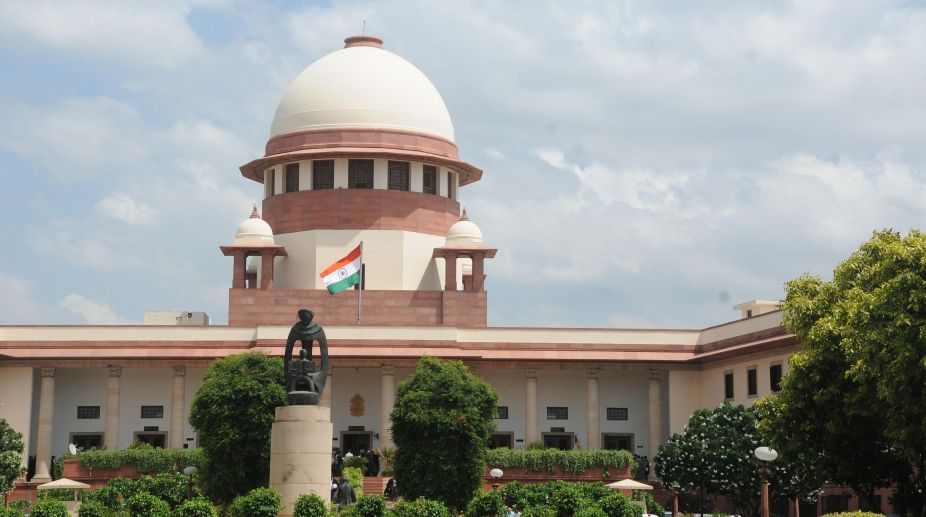SC issues notice to ED on Kejriwal’s plea against arrest, next hearing on April 29
A bench of Justices Sanjiv Khanna and Dipankar Datta issued notice to the ED seeking its response on Kejriwal's plea by April 24.

Supreme Court of India (Photo: Facebook)
The gunning down of a civic official in Kasauli is not to be taken merely as an honest officer paying with her life for declining the offer of a bribe. Shail Bala, an assistant town planner, was shot dead when implementing an order of the Supreme Court, and thus the killing amounts to blatant defiance of the highest judicial authority in the land.
How the apex court will monitor and direct the investigation and subsequent prosecution could determine the course of various endeavours to implement judicial directives. And not just the laxity (connivance?) of the local administration in the town, and the Himachal government.
For starters, the demolition of illegal construction in the Capital, where a court-ordered drive is being only nominally backed by the executive ~ the Central government included.
Advertisement
Unless firm action is taken, the few upright officials who dare to resist the “building mafia” could find themselves in a whole lot of hot water. Yet the apex court will also have to guard against the creation of an impression that it is acting with a sense of vengeance or punctured pique.
A difficult, delicate balance needs to be attained. It is easy to understand, but impossible to endorse, the immediate, emotional outburst from a Supreme Court bench that it would henceforth desist from passing orders if that resulted in deaths.
The “mafia” would consider themselves very successful if the courts washed their hands off the illegal construction and encroachments that have made such a mess of urban India. Only the judiciary comes in the way of the builder-politician
nexus from running riot. Thus the ‘law’ is on trial, citizens are now left wondering if it too would buckle.
It is the collapse of various branches of the administration that have thrust the judiciary on centre-stage in the process of governance ~ not that some occupants of the Bench do not feel thrilled with the enormity of the clout they now wield.
Several issues that ought to be sorted out at the executive or legislature levels are being taken to court, with the Supreme Court now rivalling Rasina Hill and Parliament House as centres of power. A former Prime Minister once remarked that “no decision is also a decision”, creating a vacuum which the courts have, of necessity, had to fill.
To cite the number of high profile cases pending in courts which need not have been left to the judiciary to sort out would be embarrassing. Successive governments are guilty of passing on the buck, pointing to a dereliction of duty. Yet governments take the fast-track on matters from which action brings political or electoral dividends.
By ducking the tough ones governments have ensured that the judiciary gets caught up in the cross-fire and officials like Shail Bala lose their lives for upholding the “majesty of the law”.
Advertisement